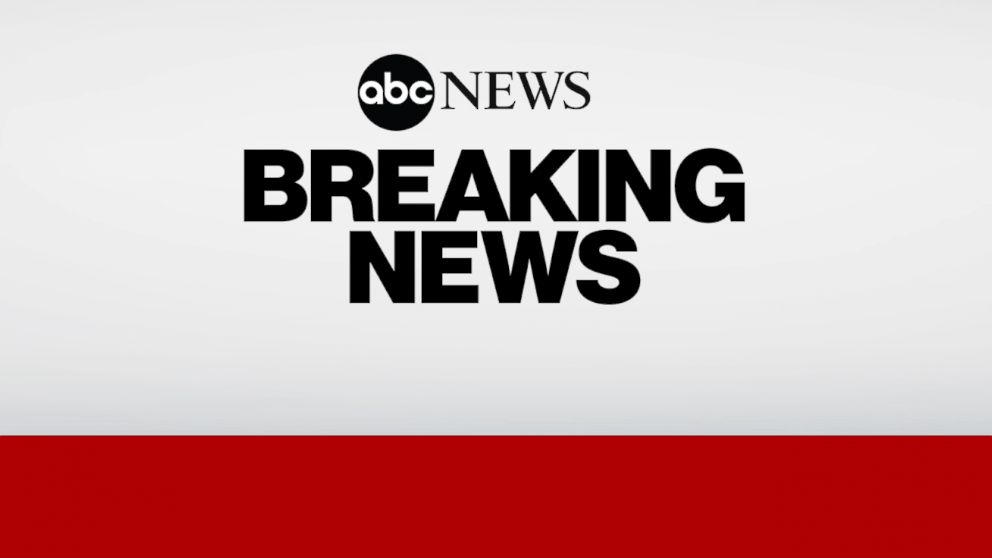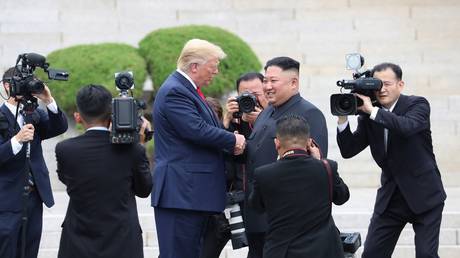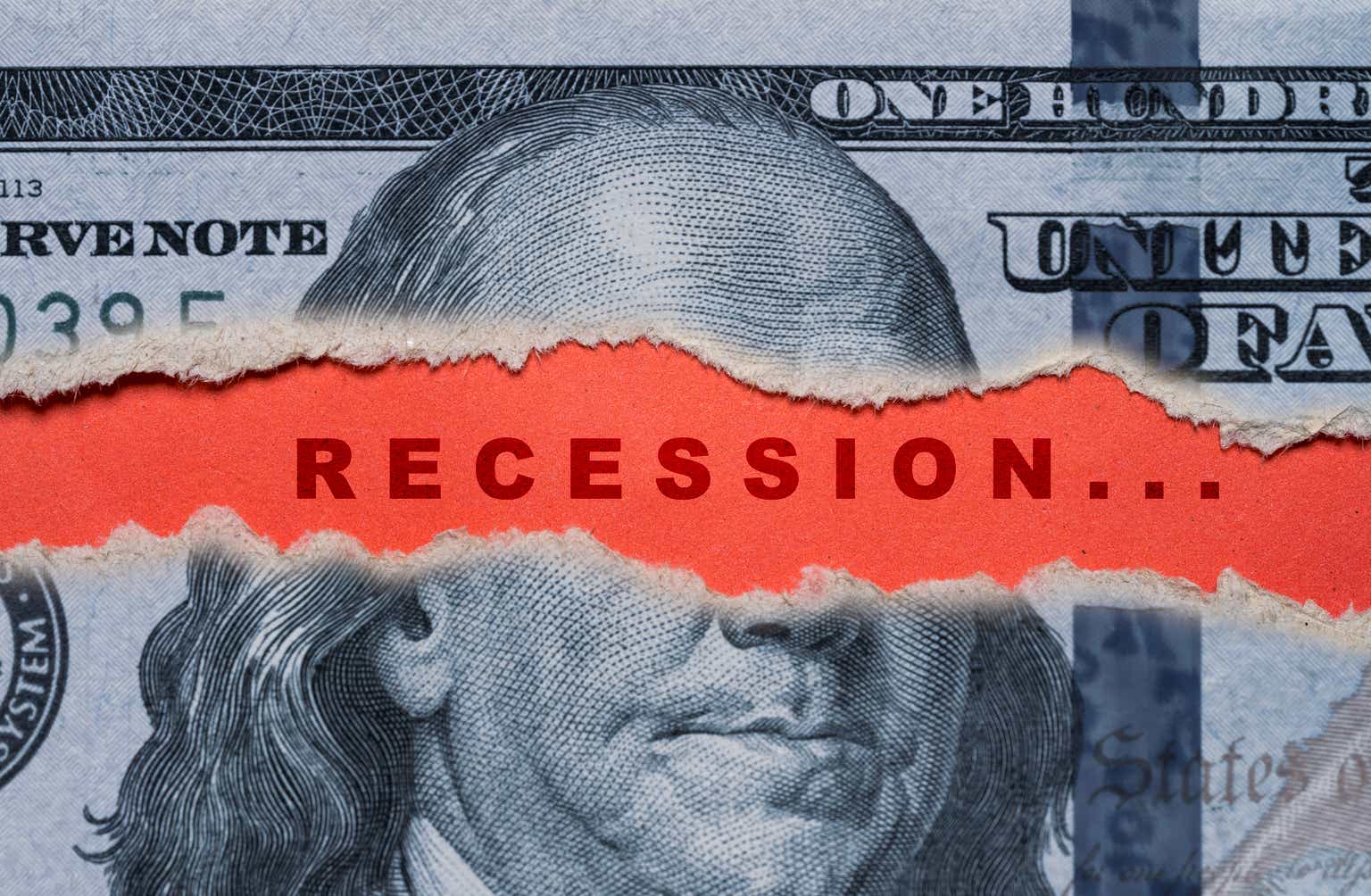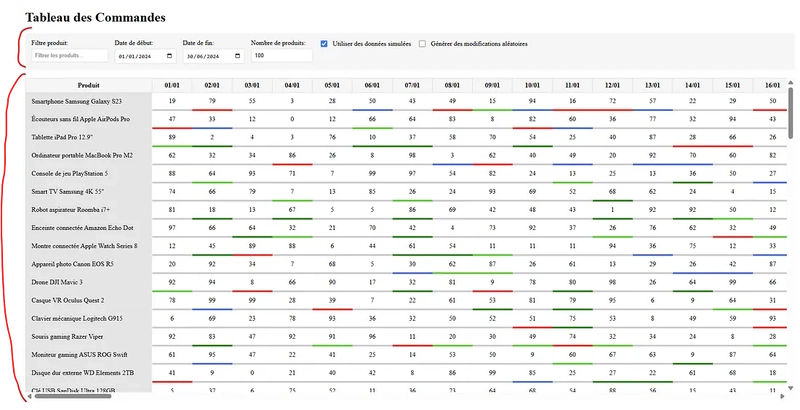Trump’s attacks on higher education are driving up the trade deficit
What began as a tariff war and the deportation of illegal immigrants has now become a full-frontal attack on what makes the U.S. the desired destination for some of the world’s most talented people. Without such a magnet, “Making America Great Again” will be nothing more than a sorry and regrettable slogan to many in the future.

President Trump’s obsession with trade deficits has taken him down a path where he is missing the “forest for the trees.”
The U.S. trade deficit in 2024 was $918 billion. However, the components of this imbalance are not uniform across all goods and services. In particular, the service trade surplus of $293 billion provided some counterweight to the goods trade deficit of $1.211 trillion. Trump’s focus on tariffs directly impacts goods, not services.
A deeper dive in the services trade surplus shows that education is a significant component, with education-related travel exports coming in at $50 billion in 2023. With over 1 million international students studying at U.S. universities and colleges in 2023, this represents a significant inflow of human capital and economic activity. And with many of these students working toward advanced degrees in STEM fields like computer science, engineering and health professions (including medicine), both their short-term and their long-term impact on the U.S. economy is indisputable.
Many of these students will eventually fill critical positions in domestic industries that require highly technical and skilled workers that the U.S. cannot fill domestically. For example, among residents in medical programs, nearly one-quarter come from international medical programs, with around one-in-six noncitizens. Without them, the US medical infrastructure would he greatly strained, particularly in rural areas where it is challenging to fill medical position openings.
The same holds true in high-tech industries that require a significant influx of international students to support and advance their missions. This is especially true for positions that demand higher degrees in computer science and engineering, with skills sets in high demand to sustain growth and deliver technology solutions. Without access to such people, the economic calculus faced by the high-tech industry becomes far more negative.
So what is the president doing?
First, he is attacking higher education, freezing federal money targeted for many institutions, particularly those viewed as high-profile and prestigious. Given his disdain for DEI, he is finding reasons to attack such schools as retribution for their past efforts in this area as well as perceived shortcomings to protect Jewish students on their campuses. Columbia, Cornell, Pennsylvania, Princeton, Harvard, Johns Hopkins and Northwestern are already in his crosshairs, with many more likely to be added to this hit list.
Ironically, several of his Cabinet and agency leaders attended these schools, including Defense Secretary Pete Hegseth (Princeton) and Health and Human Services Secretary Robert F Kennedy Jr (Harvard). Trump himself attended Pennsylvania.
All such schools have highly respected medical and engineering schools. Their graduates, both domestic and international, fill numerous critical infrastructure positions that if left unfilled, will have a significant negative impact on the well-being of the entire country.
Second, he is revoking visas among the students who are at these and other schools. It remains unclear how many students are affected, and what their impact will be on the human capital pipeline. The risk of lost talent to support medicine and engineering is nonnegligible, creating the potential of a donut hole for highly skilled workers.
The president’s focus on the trade imbalance for goods, and his retaliatory actions using tariffs, may be a negotiating tool to get companies to move their manufacturing facilities to the U.S. If they remain in place indefinitely across all countries, they will have severe and unintended consequences that will impact every American.
Our digital economy demands ongoing investment in education, particularly in STEM fields. By attacking higher education and making it difficult for them to fulfill their mission, he is guaranteeing headwinds for our standard of living. The end result will be lower wealth and, ultimately, higher trade deficits, as the contribution of education to the service trade surplus begins to dissolve.
Students across the world may be less inclined to study in the U.S. if they are subjected to a constant veil of uncertainty associated with their visa status. The safest solution for many will be to study in Canada or Europe, creating an international student brain drain that will handicap U.S. high tech and medicine.
Such a path forward need not occur. This is the time for our elected officials in the House and Senate to take actions that not only protect themselves but the nation as a whole. Without such intervention, the risks continue to grow, and the perceived benefits become less clear.
What began as a tariff war and the deportation of illegal immigrants has now become a full-frontal attack on what makes the U.S. the desired destination for some of the world’s most talented people. Without such a magnet, “Making America Great Again” will be nothing more than a sorry and regrettable slogan to many in the future.
Sheldon H. Jacobson, Ph.D., is a computer science professor in the Grainger College of Engineering at the University of Illinois Urbana-Champaign. He uses his expertise in risk-based analytics to address problems in public policy.











































































